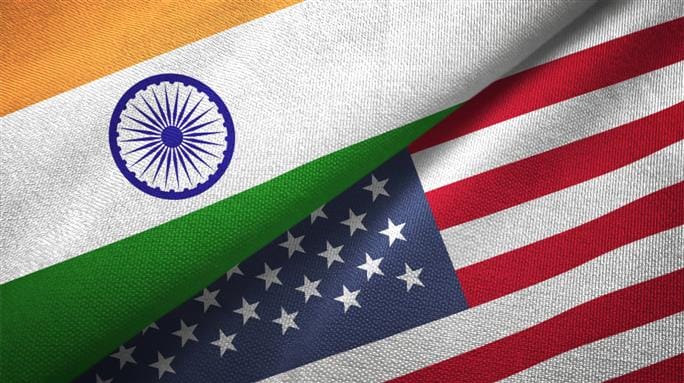There is something intrinsically negative about the word “monitor”, when used in the context of international relations. There is an element of superiority involved, with the monitor being superior to the subject it is “supervising” or “overseeing”—an entity that is in some sort of a crisis, or is straying from the right path and must be contained by the watchdog, or the monitor. Hence, it is extremely problematic when the United States starts using the word “monitor” in India’s context—a democracy that the US considers to be both a friend and a “comprehensive global and strategic partner”. India is the world’s most populous democracy. It is also a fully functioning democracy—in spite of flaws that every democracy has—apart from being blessed with robust institutions. But then comes the US State Department, riding its high horse and hinting at the backsliding of democracy in India. It says it is monitoring India to see if its government is undermining democracy by sending an Opposition leader to jail. It is a different matter that it was India’s fiercely independent judiciary that sent the Opposition leader to jail.
The State Department expressed its “concerns” twice, the second time after receiving a tongue-lashing from the Ministry of External Affairs, which made it clear that India did not take kindly to external forces interfering in a sovereign nation’s internal matters. “In diplomacy, states are expected to be respectful of the sovereignty and internal affairs of others. This responsibility is even more so in case of fellow democracies. It could otherwise end up setting unhealthy precedents,” said the MEA. But the State Department is not trying to be respectful. Instead it is almost as if it is deliberately insulting India, with its aim being to throw a spanner in India-US relations.
In fact, the State has been consistently using a stern tone when it comes to India—be it in the case of India’s CAA, or its judiciary, or even in the case of the alleged assassination attempt of Khalistani terrorist Gurpatwant Singh Pannun. And now US ambassador Eric Garcetti says in an interview that it’s his job and that of the State Department to monitor and report on India, just like it’s the job of the Ministry of External Affairs when it comes to the US. Only, in India’s case, the MEA is far more diplomatic than its US counterpart and stays tight-lipped about the domestic matters of sovereign nations. As External Affairs Minister S. Jaishankar said recently, India does not have any wish to comment on the internal matters of the US. So Mr Garcetti’s attempt to normalise the behaviour of his colleagues does not pass the basic smell test.
However, since Mr Garcetti is so keen that India should comment on the US’ internal matters, perhaps it’s time to question why Americans in general are losing faith in their democracy. Why do many voters feel that their vote does not matter? Why do so many of them believe that the 2020 Presidential election was stolen? Or why is the muzzling of voices becoming the norm in the US, giving rise to what is now known as cancel culture? Take the example of Donald Trump. A former President of the US is literally being cancelled out of the election, with judges owing allegiance to the Democratic party removing him from the ballot in certain states. A huge number of criminal cases has been foisted on him—cases that Trump says are without any merit. In fact one of the reasons why Trump is doing better than Joe Biden in the popularity ratings is because he is seen as being victimized by the Democratic party.
Let us talk about the Pannun case. Eric Garcetti says that the US believes in the freedom of expression—presumably, the freedom of expression to incite violence, to threaten terror attacks on civilian aircraft, and genocide of Hindus, urge the bombing of Indian Parliament and assassination of Indian leaders. Pannun is guilty of all this and much more. Pannun was designated a terrorist by the Indian government in 2020, but the US turns a blind eye to this charge by calling him a human rights activist, who is merely asking for a separate homeland for Sikhs. Pannun’s connection with terror groups is well known, but the US is unconcerned, presumably because he is a US citizen, or maybe because he is a handy tool to be used against India. How would the US react to an Indian citizen designated a terrorist by the US government, issuing similar threats to American citizens and assets from Indian soil? What would the US do, short of sending in attack helicopters to assassinate him the way Bin Laden was?
Joe Biden says that his foreign policy is values-based. In reality, what we are witnessing is the weaponisation of Biden’s so-called values-based foreign policy. It is not values-based foreign policy when the US itself flouts every single value it preaches to India and to the rest of the world—it is hypocrisy in that case. Beyond the public posturing, at a time when much is happening on the India-US front, the State Department should not come across as working in a silo, trying to run and ruin US’ India relations.














